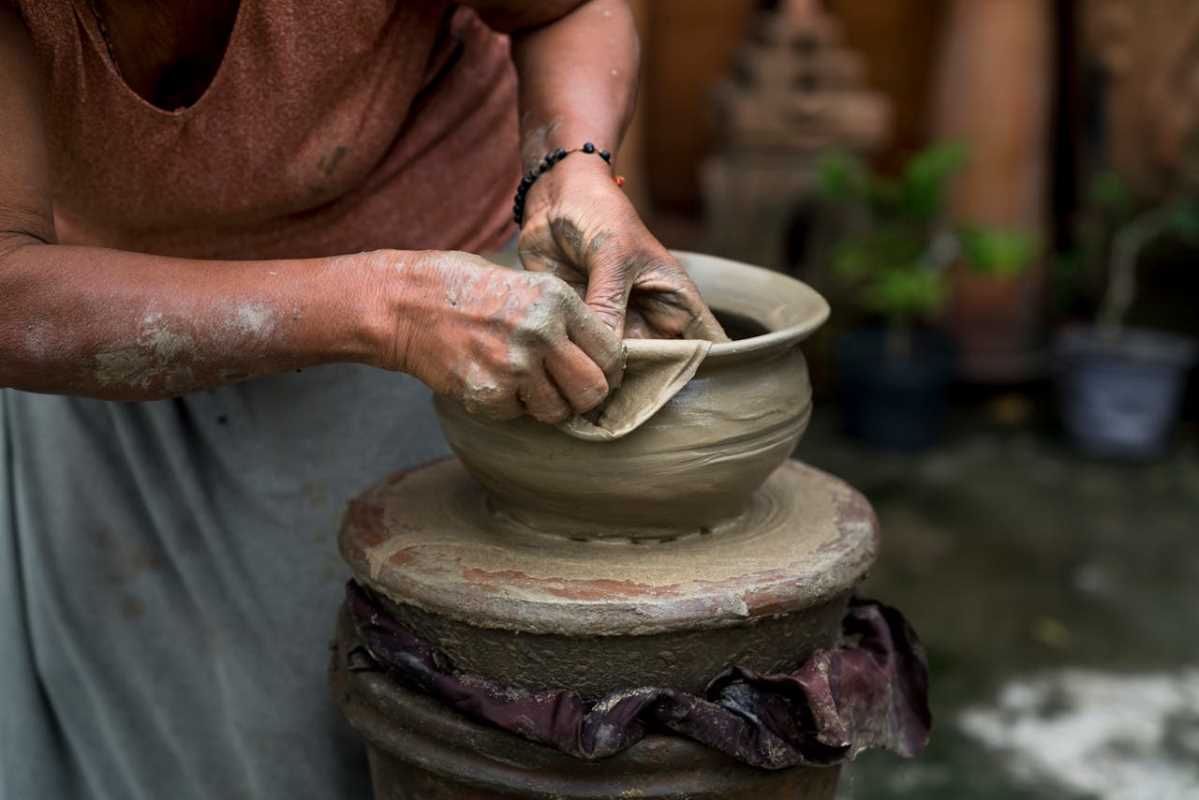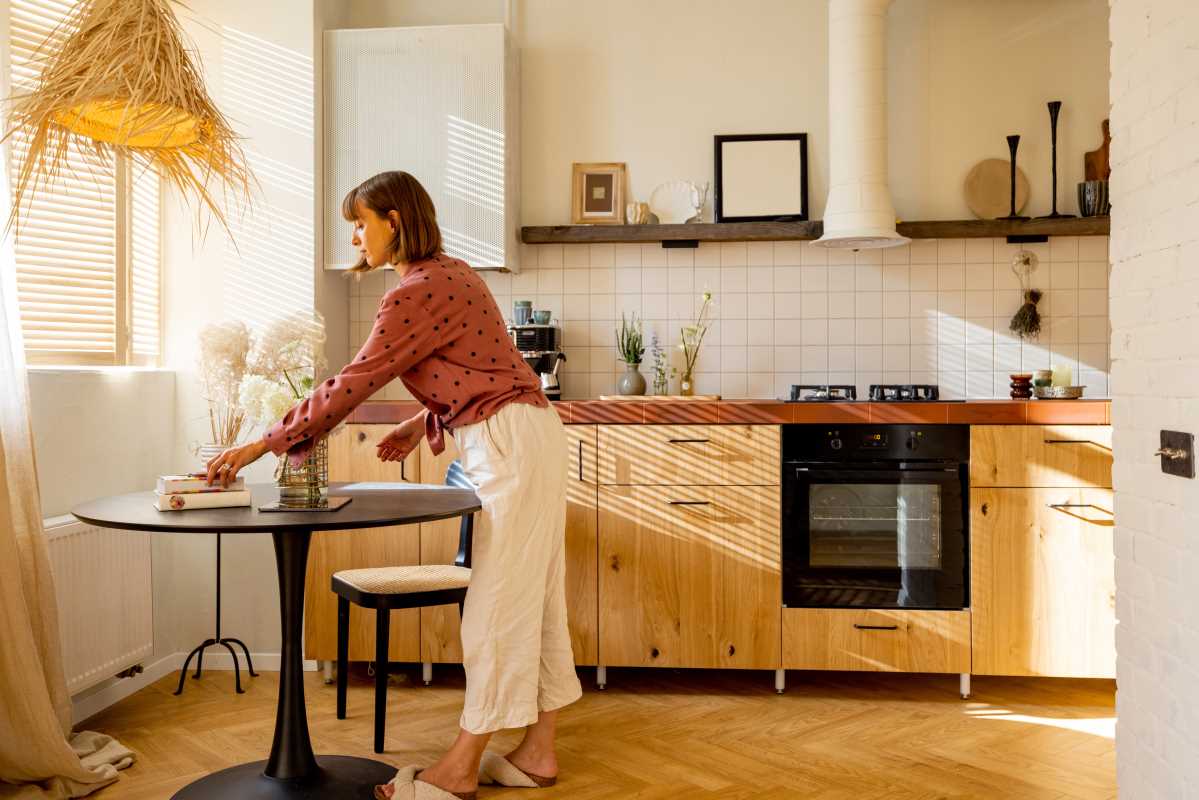Did you know that the simple act of baking bread is making a huge comeback? In our fast-paced world, many are finding solace and satisfaction in the slow, deliberate process of transforming flour, water, and yeast into a warm, crusty loaf. This isn't just about sustenance; it's about reclaiming a ritual that nourishes the soul.
The Resurgence of the Home Baker
The global market for baking ingredients is booming, projected to reach over $31 billion by 2034, largely thanks to home bakers. Even bread-making machines are seeing significant growth, with sales expected to nearly double by 2033. This isn't just a fleeting trend; it's a reflection of a deeper desire for connection and mindfulness.
- Health Consciousness: People are increasingly aware of what goes into their food. Baking at home allows for control over ingredients, leading to healthier choices. For instance, Google searches for "gluten-free bread maker" spike around holidays and throughout the year, showing a consistent interest in dietary needs.
- The "Slow Living" Movement: In an era of instant gratification, the deliberate pace of bread making offers a welcome contrast. This return to traditional methods is evident in Italy, where sales of classic baking tools like cake tins and bread molds saw massive increases in 2025.
- Sourdough's Reign: Sourdough, with its complex flavor and ancient origins, continues to capture imaginations. Online mentions of sourdough surged by 44% in 2024 alone, highlighting its enduring popularity.
More Than Just a Meal: The Therapeutic Power of Dough
Experts are increasingly recognizing the profound psychological benefits of baking. Pauline Beaumont, a therapist and author, describes baking bread as a soothing, grounding activity that provides a simple sense of accomplishment. It’s an opportunity to practice mindfulness, manage attention, and engage in a truly creative endeavor.
Scientific research backs this up. Repetitive kitchen tasks, like kneading dough, can activate the parasympathetic nervous system, triggering a relaxation response that combats stress. This tactile engagement can lead to a "flow state," where you're completely absorbed in the present moment, reducing stress hormones and boosting mood. Studies have shown that creative kitchen activities can decrease stress markers by as much as 27%.
The Sourdough School champions a "Bake One, Give One" approach, emphasizing how sharing baked goods fosters community and combats isolation. It’s not just about the physical act; it’s about the connection it creates. As M.F.K. Fisher so beautifully put it, there's a unique peace found in the homely ceremony of making bread, a feeling that no other activity can quite replicate.
From Personal Solace to Community Connection
The weekend bread-baking ritual takes many forms. For some, it's a quiet act of self-care, a way to decompress from the week. The aroma of baking bread can evoke powerful childhood memories, transforming the kitchen into a sanctuary of comfort and nostalgia.
Others find purpose in sharing their creations. Initiatives like "Community Loaves" have mobilized home bakers to donate thousands of loaves to those in need, demonstrating the tangible impact of this hobby. One baker's journey, detailed in "A bread lover's story," highlights a deep fascination that led to artisanal workshops and a profound appreciation for traditional techniques, like a 24-hour sourdough fermentation.
Even ancient traditions are being rediscovered. The practice of baking can connect us to our heritage, with rituals like the Italian "Easter Baby" biscotti embodying a deeper, symbolic significance of bread-making.
Practical Steps to Your Own Weekend Ritual
Ready to embrace the bread-baking ritual? Here are some tips to get you started or enhance your current practice:
- Master Your Sourdough: If you're using a sourdough starter, keep it in the fridge during the week and refresh it a day or two before your baking day. Mix and bulk ferment dough in the evening, then shape and refrigerate overnight for a weekend bake.
- Precision is Key: Invest in a kitchen scale. Using exact measurements can make a significant difference in your results, far more than relying on cups and spoons. Keep a bread notebook to track your recipes, times, and temperatures.
- Temperature Matters: Aim for a dough temperature around 24ºC (75ºF). A digital thermometer is a handy tool for ensuring accuracy.
- Quality Ingredients: The better your flour, the better your bread. Explore different types of flour and consider milling your own for the freshest flavor.
- Embrace the Process: Allow ample time for dough development through techniques like autolyse and stretching and folding. Proper proofing is crucial for that perfect oven spring.
- Steam is Your Friend: Using steam in your oven, especially in the initial baking phase, can dramatically improve crust development and the rise of your loaf.
- Healthier Options: Experiment with whole grains, rye, and alternative flours. Fermented breads like sourdough are often easier to digest.
- Bake Smart: Plan your baking sessions, pre-measure ingredients, and consider batch baking to make the most of your time.
- Store it Right: Let your bread cool completely before storing it in a breathable bag at room temperature. For longer storage, freezing is best.
.jpg) (Image via
(Image via





